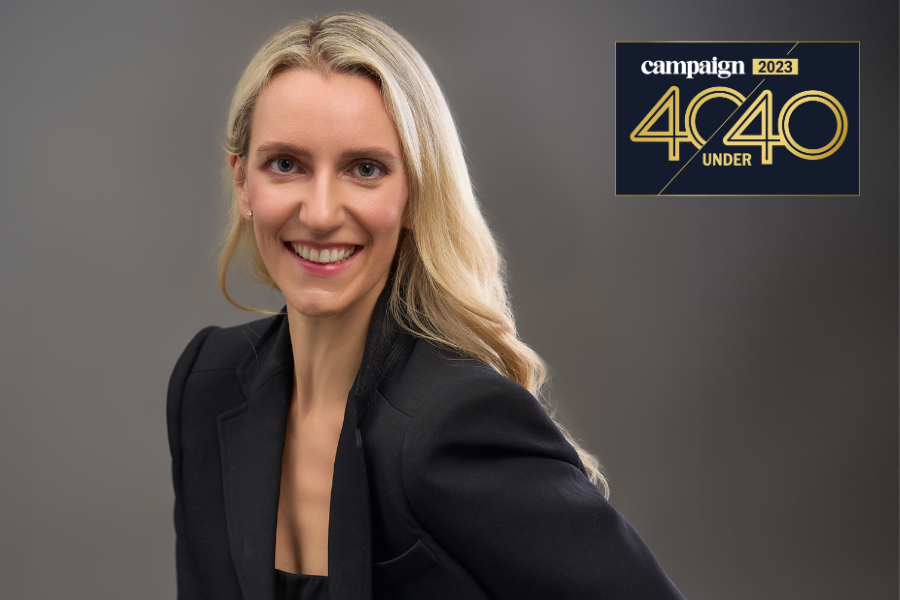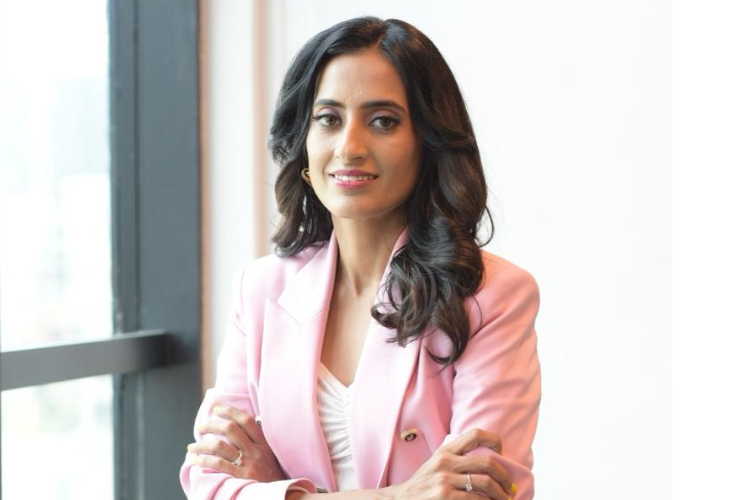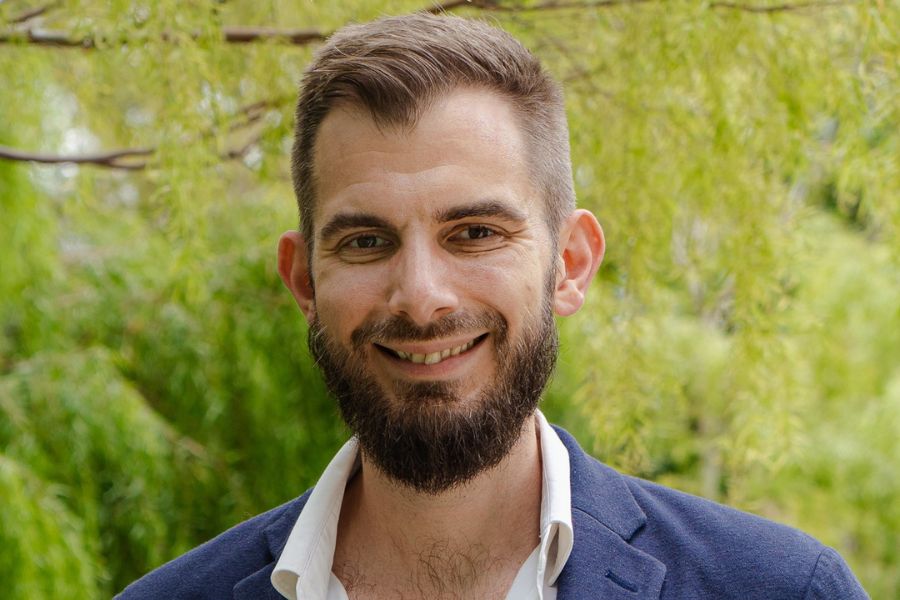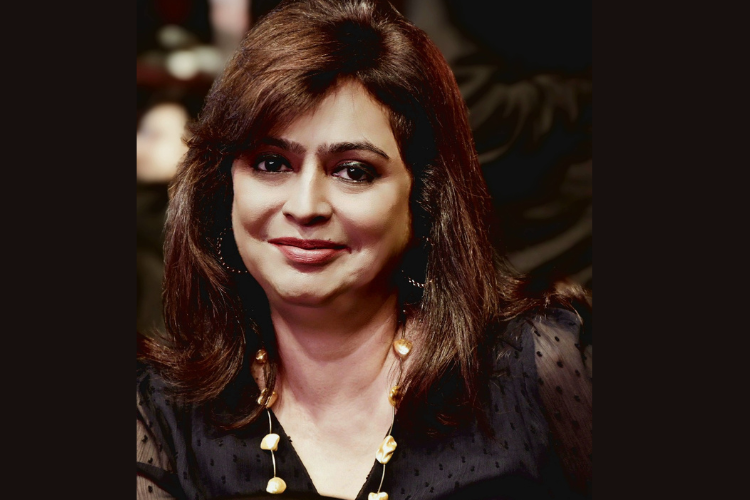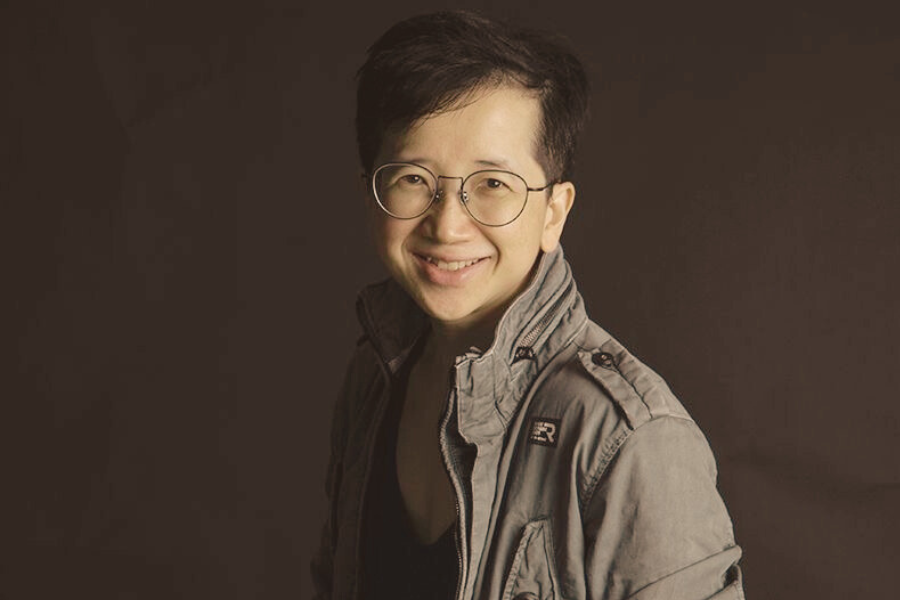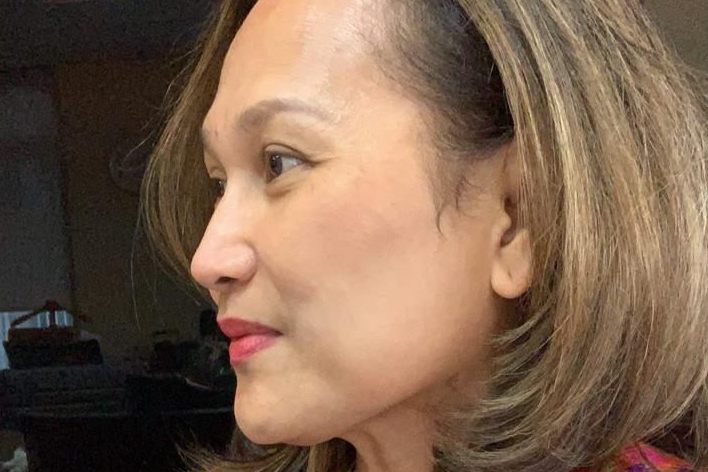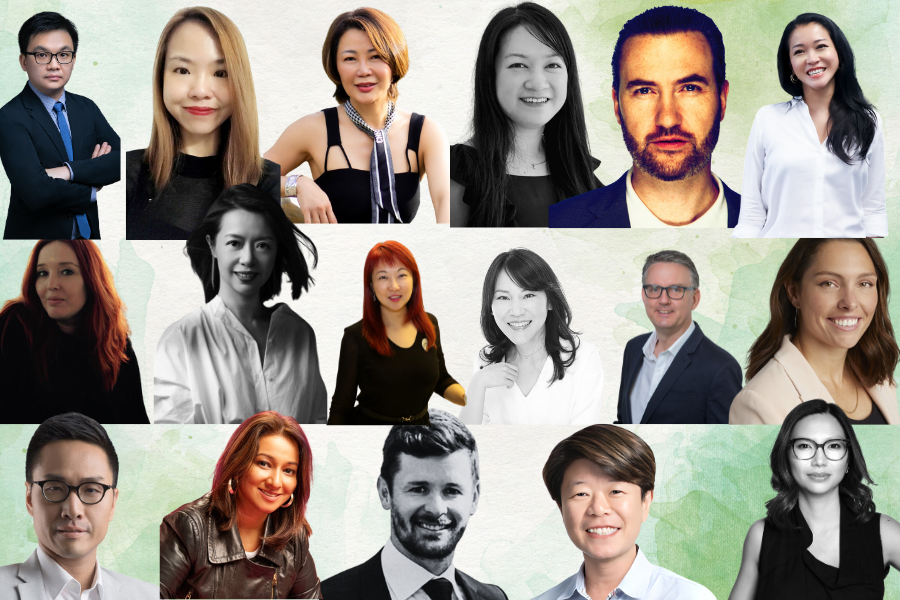Infiniti is nearly 30, but it’s safe to say that many would struggle to define what the brand really stands for.
The company’s new global campaign for its Q60 model, created by Crispin Porter + Bogusky and featuring Kit Harington of Game of Thrones fame, is a step toward building a stronger identity and connecting more deeply with what it defines as “progressive” drivers. The work brings a dramatic edge to the world of automotive branding, with Harington reciting William Blake while driving at speed through a forest.
Growth in key markets such as China has been strong in the past two years, but with just 2.2 percent share of the luxury car market there, it still has some way to go in challenging marques from Germany, which are firmly established. Its share in the US stands at 6.4 percent, and in Asia and Oceania at just 1.4 percent.
We spoke to Melissa Bell, Infiniti’s Hong Kong-based senior director of global marketing, about the company’s ambitions and challenges. Bell is the former regional marketing director of ASEAN for Volkswagen and has been at Infiniti for just over two-and-a-half years.
Please explain the thinking behind your global campaign.
We wanted to focus on how the Q60 makes you feel. This is developed to showcase the emotion the Q60 can give you. This led us to work with influencers like Kit Harington and Sophia Chang. We had a criteria [in selecting them]—we wanted them to be on brand, and have a connection in terms of spirit. We were also looking for influencers to fit the bill in terms of social media footprint.
How do you define your target consumer?
Our consumer is very progressive, very self-driven and forward-looking. They are looking for differentiation. We’re not using a traditional way of segmenting by age and income bracket, but are thinking more in terms of mindset—what drives them and what they’re looking for.
What are your priority markets?
The US is definitely the key market. China is also a priority, as well as Canada, the Middle East, Western Europe, Mexico and South Korea. We’ve selected these markets based on where we see opportunity for the brand. China is not yet the world’s biggest premium automotive market, but at some point in the future it most likely will be.
What have you focused on developing since you joined from Volkswagen?
When I joined, Infiniti didn’t have a clear positioning. We were inconsistent and meant different things in different markets, so what I focused on was developing the global brand positioning. I wanted us to be a ‘branded house’ rather than a ‘house of brands’. The company had been about individual products rather than the Infiniti brand. We also wanted to have a more social-oriented marketing approach and ensure our creative work in different markets is consistent. It’s been a case of defining what we want Infiniti to be and delivering that in a consistent manner.
The Infiniti brand is not as recognisable as certain competitors in the premium segment. How are you working to change this?
Traditional competitors are far more established than Infiniti so we’re trying to develop a clear brand image to drive engagement with consumers. What we’re known for now is daring design. That’s the first thing that comes up in research and it’s a great thing to be known for, but moving forward we want to be seen as an entrepreneurial brand, and also a human brand. That’s our vision. We’re not starting from a negative base—we’re not trying to change something. It’s more that we want to enhance what the brand is about and cystalise it.
Do Infiniti’s Japanese roots have a role to play in building the brand, and do you see it as necessary to distance Infiniti from its parent brand, Nissan?
We see it as a global brand. It launched in the US, its headquarters are in Hong Kong…it’s very international and that’s how we want the brand to be perceived. Nissan is our parent company and they give us access to amazing resources, which allows us to offer groundbreaking technology. We don't compete with each other and we’re not trying to distance ourselves. What we’re trying to do is establish a well-entrenched identity for Infiniti.
What is the biggest hurdle for a brand like Infiniti in catching up with German competitors?
We’re not trying to be like those brands. In the end, we want to be Infiniti and connect to the progressive consumer. We’re obviously not a traditional luxury brand. We’re providing a different offering and not trying to be everything to everyone; rather, we want to be everything to some. In that way we’re more of a niche brand.
This article appeared first on Campaign Japan: 唯一無比のニッチ・ブランドを目指す、インフィニティ



